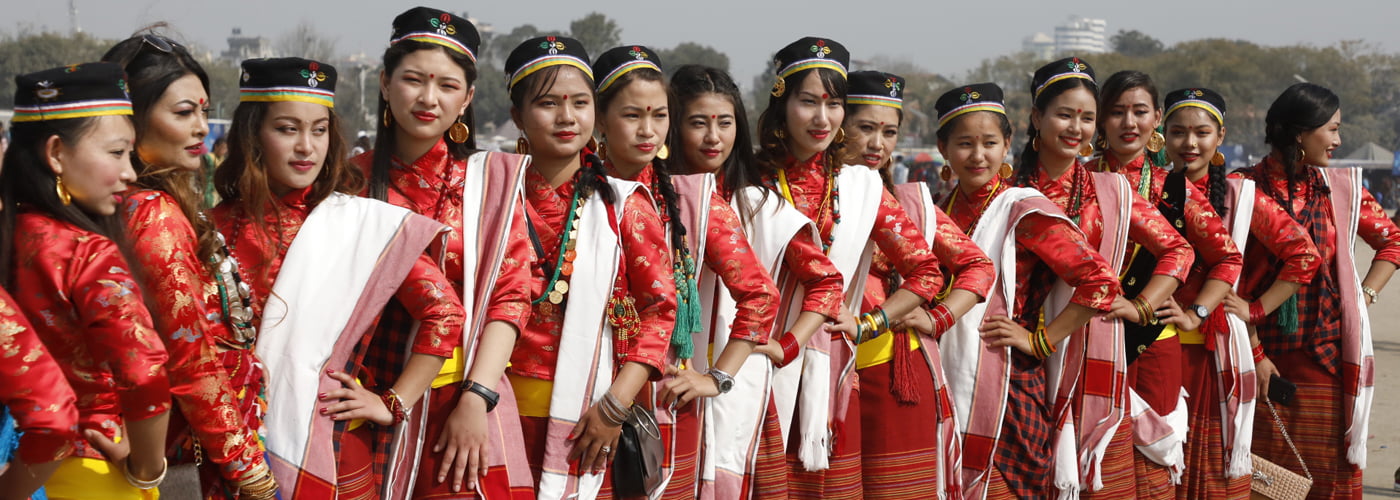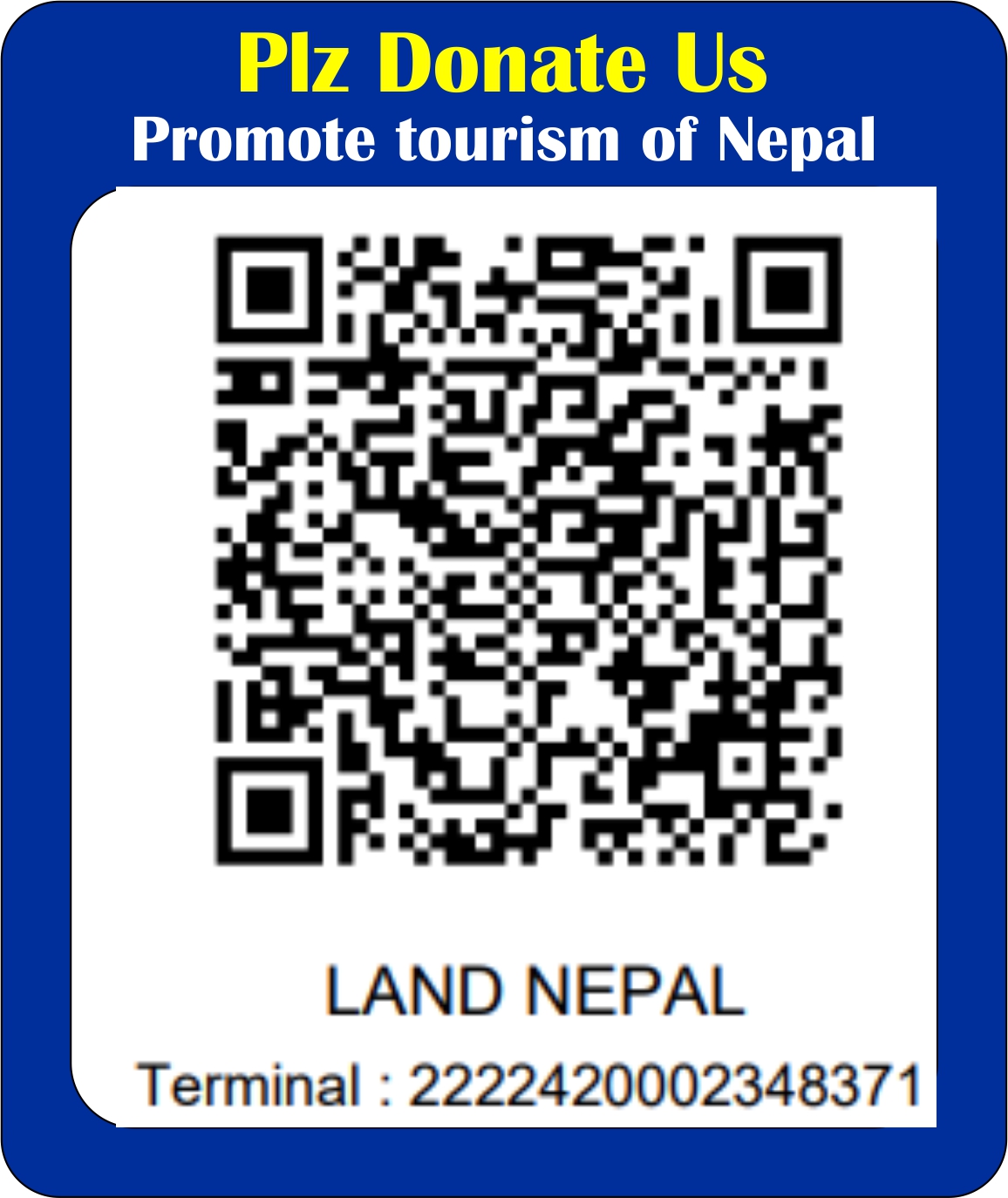Nepal is a country with a variety of festivals held throughout the year. Every event has its own special significance. Lhosar, a celebration celebrated as New Year by the Sherpa, Tamang, Gurung, Dura, Lepcha, and Bhote people in Nepal’s Himalayan area, is one of several traditional festivals. Lhosar comes in three varieties i.e. Gyalbo Lhosar, Tamu Lhosar and Sonam Lhosar. The Tamang community celebrates Sonam Lhosar as the New Year. The name Lhosar is derived from the words Lho, which means year, and Sar, which means new. The Tamang people are Nepal’s indigenous population. They, like other ethnic groups in Nepal, have their unique culture and language. In Nepali calendar, SonamLhosar occurs on the first full moon of the month Magh, while in English calendar, it occurs between early January and mid-February. The Sonam Lhosar celebrated for two weeks (of which only one day is the main). During this occasion, the dwellings and surrounding areas are cleaned, sacred garments are hoisted, and pooja is performed in honor of Lord Buddha. As a result, Sonam Lhosar’s day varies from year to year.
Sonam Lhosar is celebrated by pilgrims dressed in traditional attire visiting monasteries, stupas, and chaityas, where unique ceremonies involving mask dancing are conducted to ward off bad spirits. Tamang people clean and adorn their homes and surroundings on this day to welcome gods, goddesses, and positive energy. The words “good fortune” or “happiness,” “wealth,” and “longevity” are sprayed on windows and doors. They also buy new outfits on New Year’s Day and wear them. People and families assemble for a joyful supper that includes pig, duck, chicken, mutton, fish, and a variety of sweet sweets.On this day, people dress up in traditional attire and assemble in Tudikhel (Kathmandu’s public space) to celebrate the New Year.
Many events, including as plays, contents, musical programs, cuisine festivals, and Lok Dohori contests, are held in Tudikhel. The day is generally celebrated in the Kathmandu valley by the organization of numerous cultural programs, followed by a variety of food booths and children’s activities. Similarly, a rally is conducted in the Tundikhel region, which also hosts a three-day festival and Miss Tamang pageant. On this day, musical performances are also conducted. The Tamang people are well-known for their music. Tamang’s traditional instrument is the “Damfu.” It’s a circular, small instrument. One side of this instrument is wrapped in goat hide. The structure is made up of 32 tiny bamboo sticks. TamangSelo is one of Nepal’s most popular genres of music.These songs are well-known for being both amusing and conveying “deep philosophical significance.”
Sonam Losar is one of the most important Tamang celebrations. Tamangs celebrate the day, also known as New Year, by eating a variety of traditional Tamang foods. Tamang cuisines are no longer restricted to households; there are a number of restaurants that serve traditional Tamang dishes.In the Tamang family, SonamLhosar provides a lot of happiness and unity. It also allows for the reunification of family and friends from many communities, as well as the development of religious tolerance among people of all castes, cultures, and traditions. Celebrating these sorts of festivals helps to preserve and promote Nepali culture while also highlighting the diversity of its cultural expressions.
Anyone visiting Nepal around the time of Sonam Losar will discover a plethora of events to participate in. It will be a particularly ideal opportunity to learn about the Tamang people, for whom Sonam Losar is extremely important. However, while in the nation, one may learn about Nepal’s culture and history in general.SonamLhosar not only gives pleasure and happiness to the Tamang tribe, but it also draws individuals from different groups together.
-Article written by: Saru Niraula for Land Nepal




